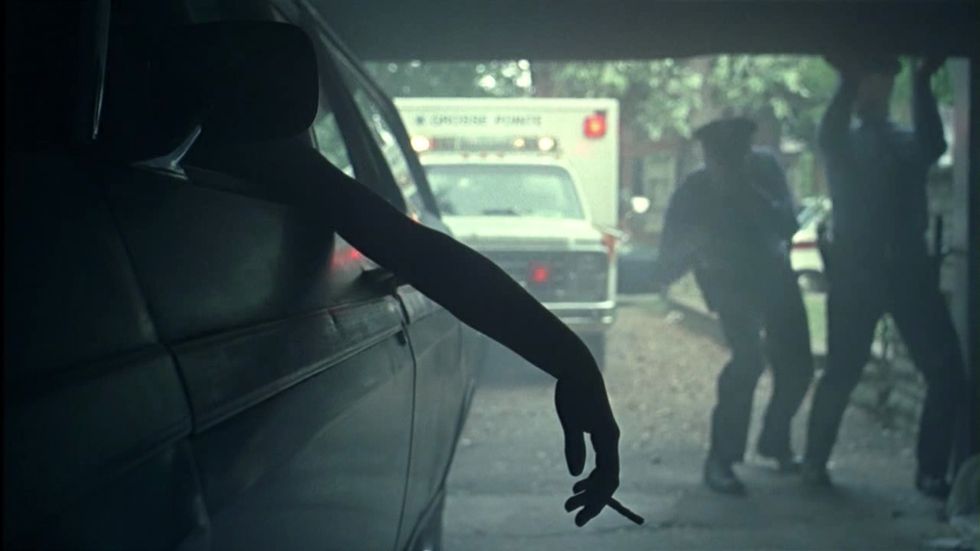As a P=psychology major and mental health advocate, it's only natural that I take interest in my Abnormal Psychology class. I absolutely LOVE learning about all types of disorders — from substance use to schizophrenia, and even depression.
Our most recent assignment was a movie critique. It was to analyze how mental health is depicted in movies. We were to identify when and if Hollywood distorts mental illness to their advantage. Of course, there are disorders (such as schizophrenia) that are weaved into the identities of some characters in order to boost horror movie sales and such; however, I believe that "The Virgin Suicides" did a good job depicting depression.
For those that haven't seen the movie, here's a summary. The first 15 minutes of the movie shows the aftermath of the attempted suicide of a 13-year-old girl. The neighborhood is buzzing with rumors and opinions. The young girl's caregiver suggests that her extremely strict, old-fashioned parents allow her to have friends of the opposite sex. In response, her family throws a party for her. During the party, she asks to be excused. A loud noise is heard and her lifeless body is found on the front lawn. Afterward, the movie follows her four sisters and parents in the aftermath of her suicide. It ends with all four of her sisters committing suicide on the same night.
There is not much of a backstory regarding the youngest girl's suicide. We see her wrists bandaged up and her attempts to hide them with bracelets, but that's the only physical evidence of her previous attempts. Her depression is very well-depicted, as she is very withdrawn from her peers and doesn't seem to respond to anyone at the party. Anhedonia, or the inability to feel pleasure, is represented as she cannot seem to have fun at her own party. This kind of behavior is abnormal for a young girl. It causes social and functional impairment — depicting the correct diagnosis and accuracy of the disorder.
Depression is seen most clearly in the middle sister, Lux. Following her sister's suicide, she begins to rebel. She turns to unhealthy coping mechanisms in order to deal with the grief. This often happens in those with depression, as it's seen simultaneously with substance use disorder. Lux is only 14 and chain-smokes cigarettes in many scenes. S starts smoking marijuana and trying to convince her sisters to join her. At a school dance, she drinks alcohol that was smuggled into the event; this risk-taking behavior is often a sign of depression, as well.
The other sisters are much more subtle. They seem to become emotionless. Their parents isolate them from the dangers of the outside world by taking them out of school and not allowing them to leave the house. Social capital is extremely important for mental health, and when taken away, it can have a detrimental effect on humans. Unfortunately, this led to the girls' suicides in an attempt to escape their own minds.
There's a quote that reads, "Suicide is a permanent answer to a temporary problem." Though it is a very uncomfortable subject to talk about, it's a scary reality. Mental health is seen to be taboo throughout the movie — the neighbors keep making up rumors and calling the girls "kooks" when they really just needed some help. "The Virgin Suicides" did not use Hollywood to make money, but to show the backstory of these depressed girls' lives.






























